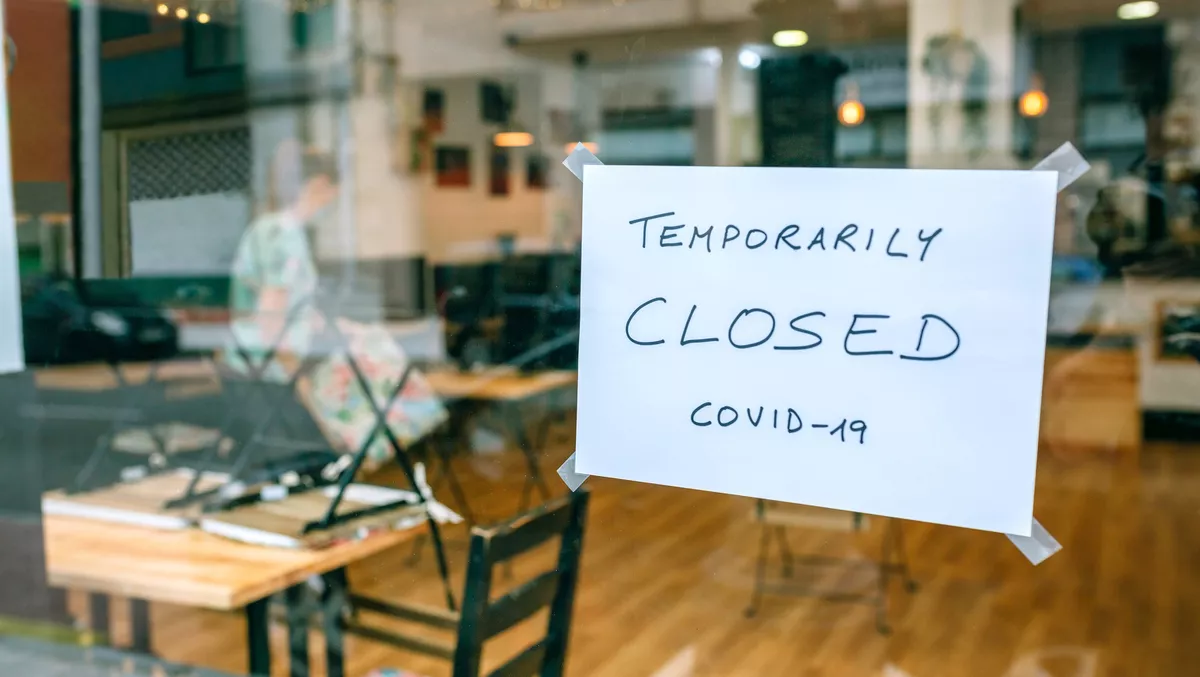
Kaspersky explores how SMBs survived the initial outbreak of COVID-19
One in three SMBs have launched new products during the pandemic, highlighting their ability to effectively survive in a crisis.
This is according to a recent Kaspersky study, that highlights when the pandemic started in March 2020, developing new products was a way to respond to the uniquely challenging situation for 29% of small companies.
The lockdowns shook the financial wellbeing of the majority of SMBs (66%), and they had to take many cost-saving measures, the researchers state.
In light of this, launching new offerings or business opportunities, as well as other measures taken, was an effort to survive. In addition to the launch of new products and services (29%), as an active response, every fifth organisation entered new business sectors (21%).
For companies in events, entertainment, art and culture, or even healthcare sectors, that meant launching digital alternative of their physical offerings; for shops or restaurants it meant enabling online sales and building delivery process; for manufacturers it meant producing masks, sanitisers and other medical accessories or focus on goods for home comfort.
Among other anti-crisis measures, predictably the most common, was allowing all or most employees to work remotely (46%). However, the majority of decisions still aimed to optimise expenses: organisations introduced budget cuts (38%), reduced pay or working hours (35%), diverted budgets or stopped investment plans (30%).
The study also fund that one in ten companies had to take critical measures such as laying off employees (12%), or stop paying bills (11%).
Steven Callander, political economy professor at Stanford Graduate School of Business, says the objective is to handle a crisis as a management problem and to thrive in the spotlight.
Callander says, "In light of the pandemic, the decisions were especially complex. Organisations had to consider external factors a lockdown, new sanitary requirements, a radically changed lifestyle and their business capabilities.
Kaspersky senior product marketing manager Andrey Dankevich commented on the findings, saying, "Although some decisions were hard, they were necessary. Now, it is good to know that the overall feeling about the results of the pandemic is somewhat positive across small companies: two-thirds (63%) agree that their business responded well to the global challenge.
"The lessons learned should now help them to better prepare for future challenges, improve the current investment plan and processes, try new things boldly, and become more digital.
"I also believe that the products and services launched in response, will stay relevant because anti-COVID-19 restrictions are still in place and people continue to follow digital habits picked up during the pandemic."


